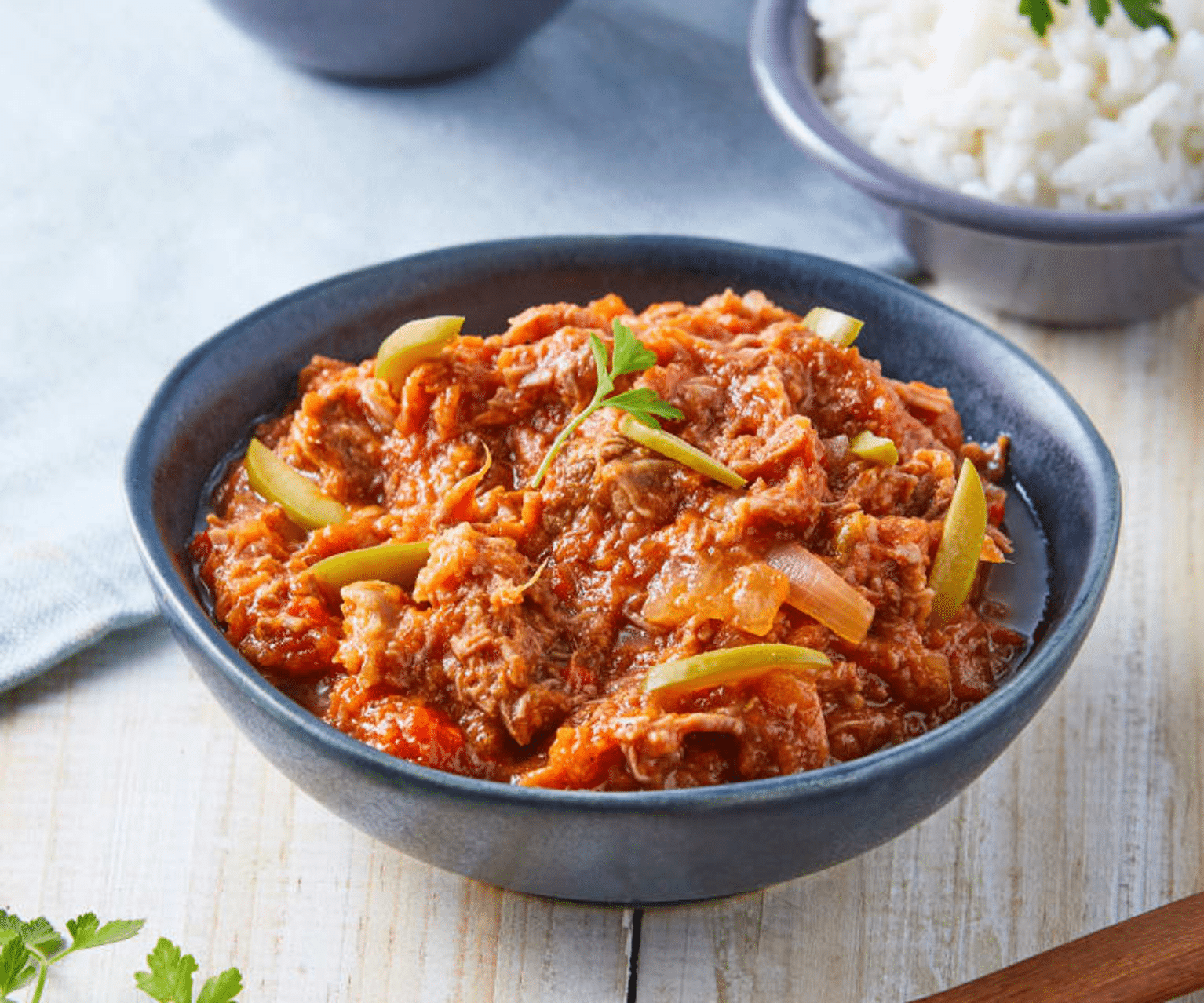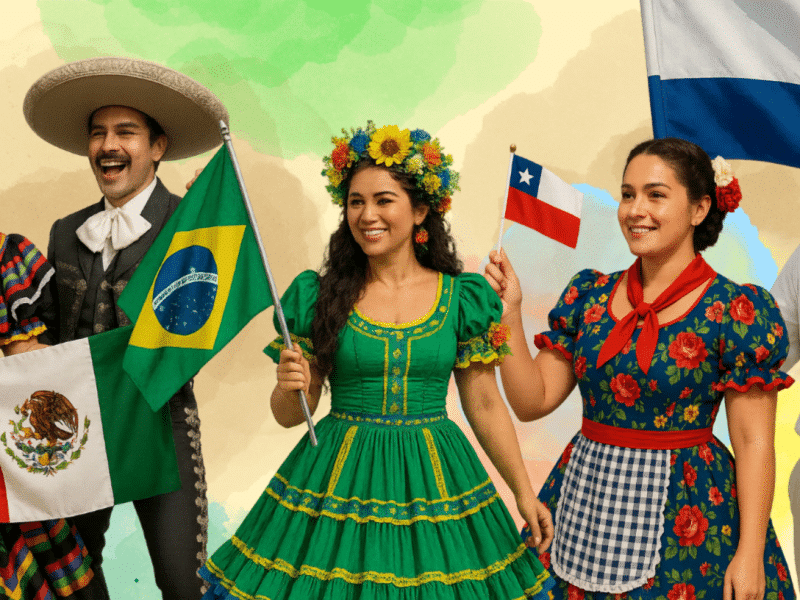7 Unique Latin American Dishes You Can Bring To Holiday Parties
It’s party season, and thankfully, we’ve got you covered with some of the best Latin American dishes to bring (or just eat yourself while watching Netflix).

Holiday parties are here. Whether celebrating with family, friends, or co-workers, it’s time to get together, rejoice, and more importantly: eat. Because what’s the most important part of a holiday party? La comida, duh, and there’s nothing better than bringing a Latin American dish that’ll be the hit of the party.
Here, 7 Latin dishes you can bring to holiday parties (or eat by yourself at home with a good Netflix show).
Empanadas de Pino

This twist to the empanada comes from Chile, and while we eat empanadas all over Latin America, what makes this one unique is that it is both salty and sweet. If you like dipping fries in milkshakes, this one’s for you. It has a beef filling, hard-boiled egg, olives, and the special ingredient: raisins. And as this Latin dish is usually small, it’s perfect as an appetizer.
Ropa Vieja

The best part of this Cuban dish is definitely the name, which translates to old clothes. Why’s it called that, you wonder? Well, because it kind of resembles old, tattered clothing. This Latin dish is made with shredded beef, to which you add carrots, onions, bell peppers, garlic, tomatoes, celery, olives, pimientos, capers, and more. Savory and delicious (and usually served with rice and beans).
Tamales Pisques

See we love these because they also happen to be vegan tamales. You grab the typical tamale masa, which you then wrap around a generous amount of refried beans, you shape it, wrap it in hoja de platano, and voila! We know it sounds super simple, but there’s something about them. These originated in El Salvador, but are also popular in Honduras.
Tostones

Tostones are made out of plantains, and they are a salty, crunchy delicious experience. You make them by squashing plantain into round small pieces, that you then fry until golden. Delicious on their own, they’re also out of this world when dipped in guacamole or cheese.
Elote Loco or Esquites:

Okay hear us out, we’re not telling you to bring a bunch of elotes (you can but, this idea is better, we promise) to the party. In many LATAM countries the whole elote is prepared and dressed, but in the loco or esquite version, the elote is scraped into cups so the corn is easier to eat. After they’re in the cup, the loco part comes – throughout Latin American countries it can be layered with mayo, butter, chile powder, mustard, ketchup, and/or various cheeses. The more common Mexican version usually only has mayo, butter, cheese, and chile powder, but why not try another version? Don’t knock it ‘til you try it.
Bacalao with Romerito
A Mexican Christmas must have! Romeritos are tiny green seepweed leaves. In this Latin dish, they get mixed with mole, potatoes, and shrimp. All of this gets accompanied with bacalao (cod fish). This dish has been around since the pre-hispanic era so you can say its generation-transcending good.

Volteado de Piña

A delicious upside down postre. This cake is spongy, sweet, and fun!
Hungry yet? Share with us what are you doing for your holidays at @theluzmedia.



